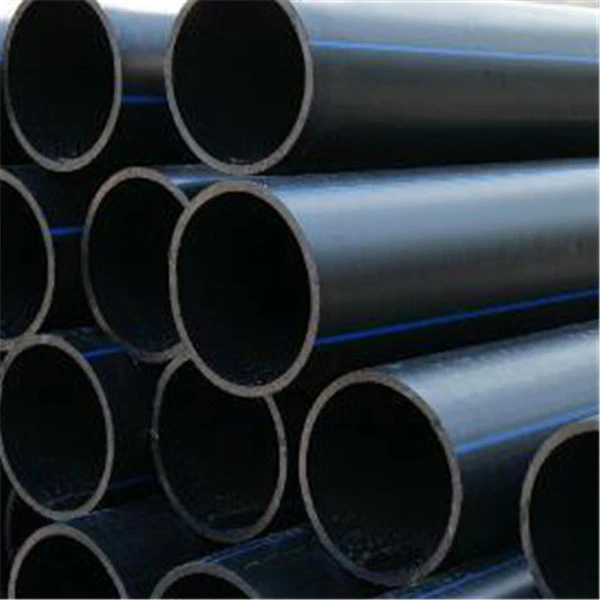វិច្ឆិកា . 07, 2024 02:38 Back to list
hdpe pipe for drip irrigation
HDPE Pipe for Drip Irrigation An Efficient Solution for Modern Agriculture
Drip irrigation has emerged as a revolutionary solution for efficient water management in agriculture, promoting both sustainability and productivity. At the heart of this system lies high-density polyethylene (HDPE) piping, an essential component that significantly enhances the effectiveness of drip irrigation. This article explores the advantages of using HDPE pipes in drip irrigation systems, their properties, and their impact on agricultural practices.
HDPE Pipe for Drip Irrigation An Efficient Solution for Modern Agriculture
Additionally, HDPE pipes are lightweight and flexible, simplifying installation and transport. Their flexibility allows them to be easily manipulated around obstacles in the field, reducing the need for extensive excavation and infrastructure alterations. This adaptability not only saves labor costs but also minimizes the disruption of the farming environment, preserving the soil structure and preventing damage to existing crops.
hdpe pipe for drip irrigation

Another notable feature of HDPE pipes is their excellent hydraulic performance. Their smooth interior surfaces reduce friction losses, ensuring efficient water flow throughout the irrigation system. This characteristic, combined with the ability to create a network of drip lines at varying depths and intervals, allows for precise water application directly to the plant roots. This targeted irrigation method not only conserves water but also increases crop yield by improving moisture availability at critical growth stages.
The durability of HDPE pipes contributes to their cost-effectiveness over time. With a lifespan that can exceed 50 years under optimal conditions, farmers can rely on these pipes for long-term irrigation solutions, minimizing the need for frequent replacements. Moreover, HDPE is recyclable, aligning with sustainable agricultural practices by reducing environmental waste.
Implementing drip irrigation systems with HDPE pipes also promotes water conservation, a vital aspect in the face of global water scarcity. Drip irrigation is estimated to reduce water usage by 30-50% compared to traditional methods, making it an environmentally friendly choice. The precise application of water minimizes evaporation and runoff, ensuring that more water reaches the plants and less is wasted. This efficiency is particularly critical in arid regions where water resources are limited.
In conclusion, HDPE pipes play a vital role in modern drip irrigation systems, providing a robust, flexible, and efficient solution for agricultural water management. Their inherent properties enhance the sustainability and productivity of farming operations, allowing for more efficient water use and improved crop yields. As the agricultural industry continues to evolve and adapt to challenges such as climate change and water scarcity, the adoption of HDPE piping in drip irrigation systems will undoubtedly become increasingly crucial. By embracing this innovative technology, farmers can ensure a more sustainable future for agriculture while meeting the growing demands for food production.
-
Durable Glossy PVC Rigid Sheet | Premium High-Shine Panels
NewsAug.26,2025
-
Durable PP Rigid Sheet: Lightweight, Chemical Resistant Solutions
NewsAug.21,2025
-
PVC Grey Sheet for Extraction: Chemical Resistant & Durable
NewsAug.19,2025
-
Durable PVC Pipe Fittings for Plumbing & Irrigation Needs
NewsAug.18,2025
-
HDPE Steel Belt Reinforced Spiral Corrugated Pipe | High Strength
NewsAug.17,2025
-
HDPE Pipe Fittings: Durable, Leak-Proof Solutions
NewsAug.16,2025

